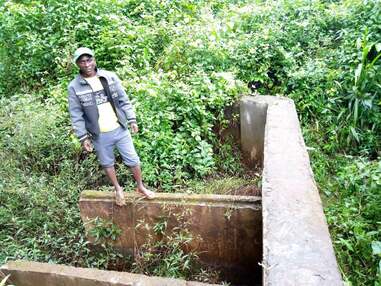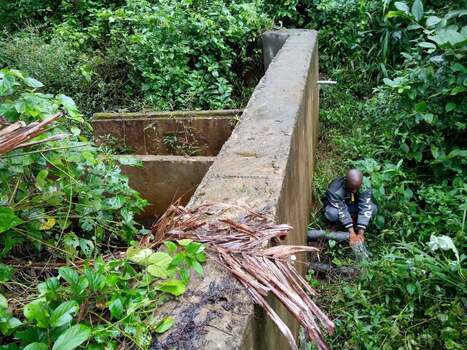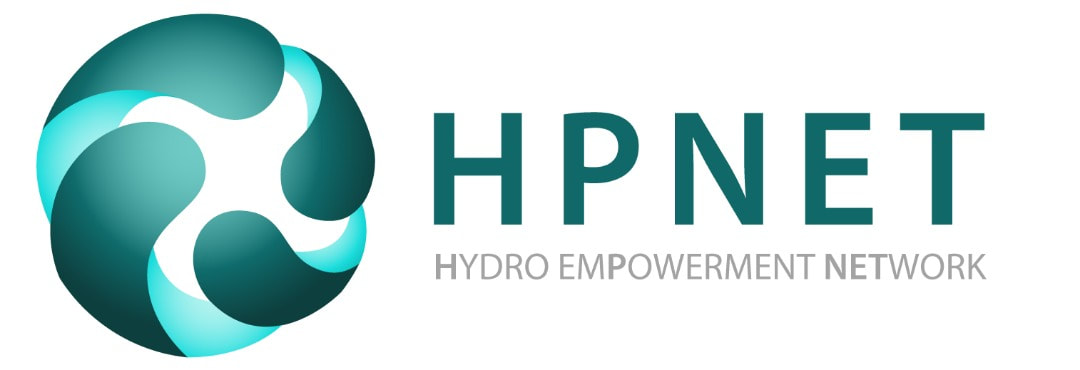Despite the high level of insecurity in the northwest of Cameroon due to the civil war that has disrupted major project activities this year, Mr. Asaah shared with us about the latest situation in Bessi Village, where he and the Rural Solutions RS are building a micro hydro intake structure. He also provides recommendations on how to improve energy access in Cameroon.
 Credit: Atud Jonathan Asaah
Credit: Atud Jonathan Asaah Cameroon has a unique position within the CEMAC region, an Economic Commission of Central African states, whose principal objective is regional integration for economic growth. Cameroon is also the third country in Africa with the highest hydro potential (after the DRC and Ethiopia) with approximately 23,000 megawatts of exploitable hydro power. At present Cameroon has exploited just approximately 3%. For Cameroon to take an economic advantage of this position, there is a need to strengthen its energy sector to power its industries which inevitably is the locomotive of development.

